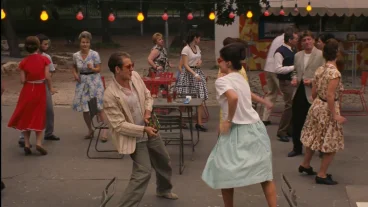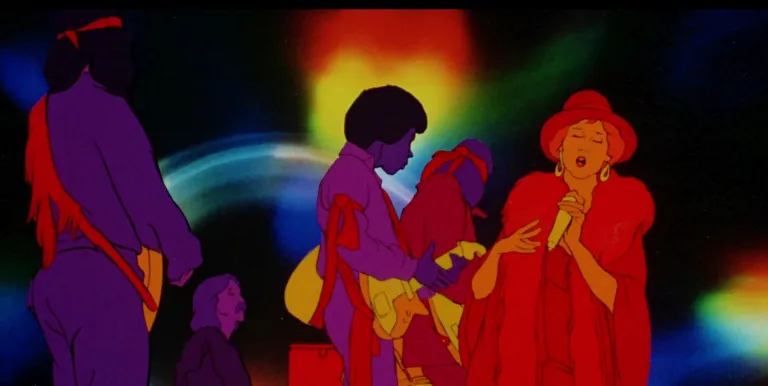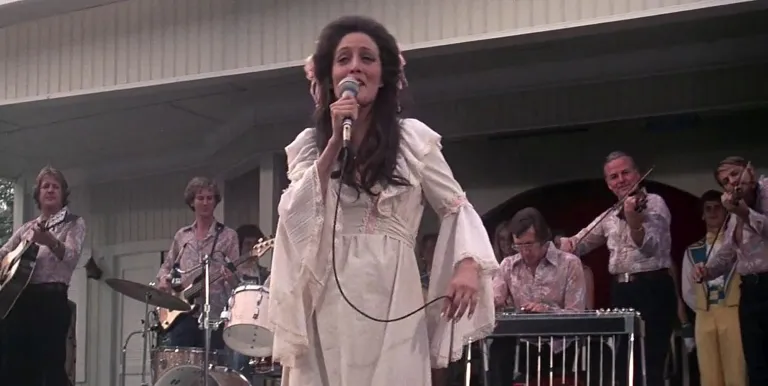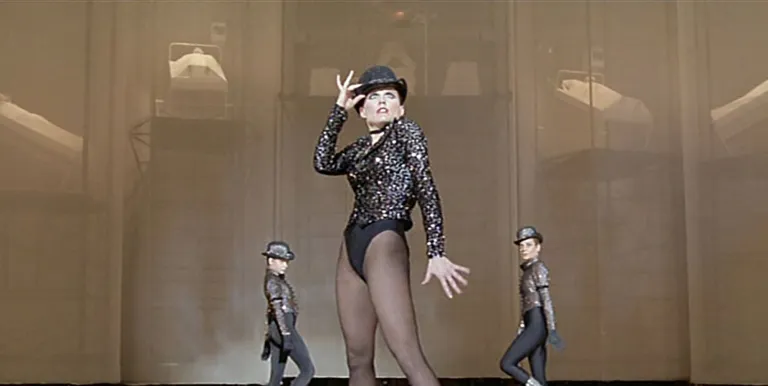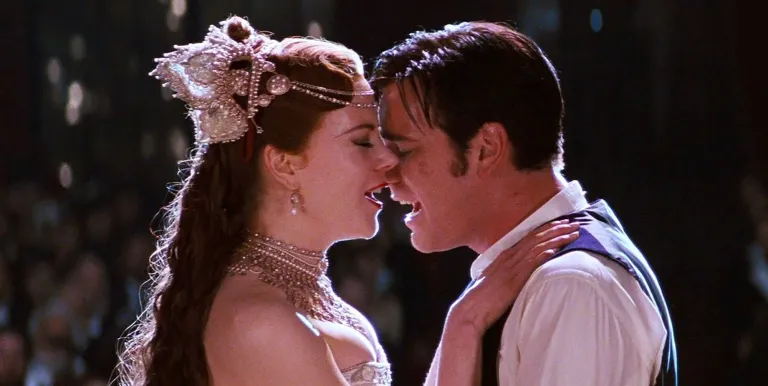Creator:
Featuring:
It is great sport pairing Woody Allen with the directors and writers he parodies or evokes, or who inspired him. In the case of Hannah and Her Sisters, an obvious link is Ingmar Bergman, who was still in his prime at the time, even though he ceased to direct films after finishing Fanny and Alexander in 1982. (Not to mention that Allen included Max von Sydow, one of Bergman’s favourite actors, in his own casting.) Another connection between the two films is the fact that they centre on family celebrations, even if it is fair to say that they both leave audiences overwhelmed by very different emotions about the respective directors as they exit the cinema.
Because, for example, Hannah and Her Sisters makes it abundantly clear that Allen views the world from a different point of view than Bergman did. Although he too addresses the same core questions of God, life and death, he attaches different weights to them. In this story, Mickey Sachs (played by Allen himself) is the most entertaining character, despite spending a year in search of the meaning of life. This is in contrast to the others, who fall in and out of love with each other, sleep with various individuals (Lee), or move into screenwriting after working as a caterer (Holly). None of these developments are as serious as Mickey’s illness, which, although it does not actually exist, still might prove fatal. Hannah and Her Sisters is a serious film. But in a different way. Hollywood filmmakers have accustomed us to believing that errors in love must sooner or later culminate in tragedy. Allen does not insist on having blood flow on the screen.
The characters in Hannah and Her Sisters are not driven towards their eagerly awaited fates by some kind of hand of destiny. Woody Allen’s dramaturgy believes in chance. An encounter, a hapless gang, an invitation to the opera... (There is no doubt that the cool accountant played by Michael Caine prefers planned coincidences.) This is an extremely strong and unified film. Then later we can reflect on who is writing our story. (And why he doesn’t leave out the unpleasant details.)
In English, with Hungarian subtitles.
The discussions before and after the screening will be conducted in Hungarian.
Presented by: Müpa Budapest
-
We wish to inform you that in the event that Müpa Budapest's underground garage and outdoor car park are operating at full capacity, it is advisable to plan for increased waiting times when you arrive. In order to avoid this, we recommend that you depart for our events in time, so that you you can find the ideal parking spot quickly and smoothly and arrive for our performance in comfort. The Müpa Budapest underground garage gates will be operated by an automatic number plate recognition system. Parking is free of charge for visitors with tickets to any of our paid performances on that given day. The detailed parking policy of Müpa Budapest is available here.




